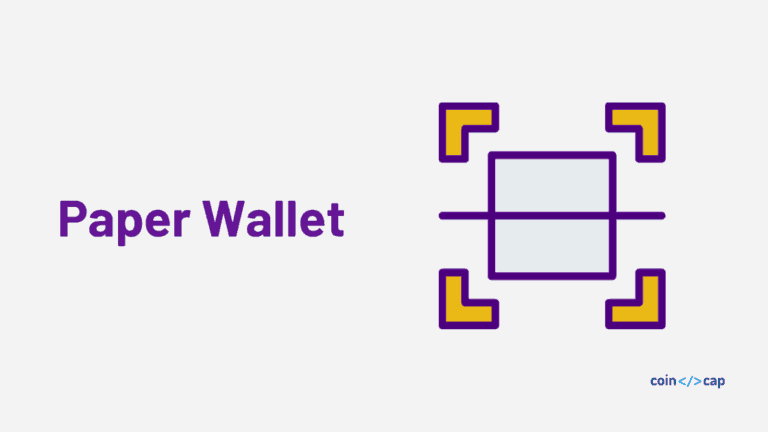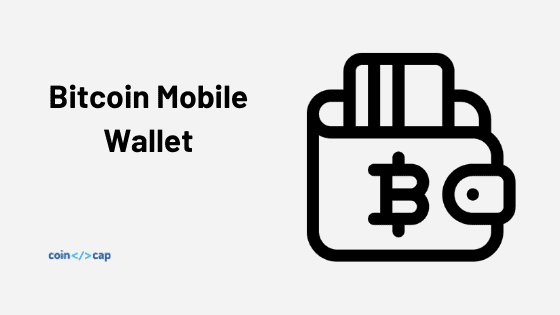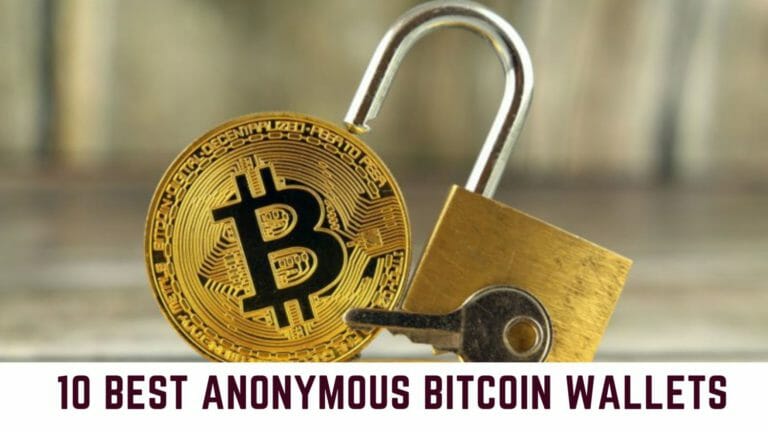Crypto wallets help you to store your cryptocurrencies. There are different types of crypto wallets that provide various services like buying and selling cryptocurrencies, sending payments and interacting with smart contracts and other third-party applications.
Before getting into crypto wallets, let’s discover about private and public keys and how they are related to wallets. Public keys are a combination of hexadecimal characters that is accessible to everyone. A public key is used to transfer funds from one account to another account. It can be compared to an email ID. A private key is also a collection of hexadecimal character but, it’s known only to you. It can be compared to the password of your email ID.
There are wallets that only support Bitcoin but all the major wallets support multiple cryptocurrencies. Currently, there are wallets like KeepKey which support over 40+ currencies. So, crypto wallets are increasingly becoming one pit stop to transact in multiple blockchain networks.
So, the purpose of a crypto wallet is to store your precious private key securely. Because without the private keys, you will not be able to access your assets. A Wallet may store your private key over the internet(hot wallets) or they may store it in your local machine or hardware secluded from the internet. These wallets used different technics to secure your private keys.
We will try to cover different types of crypto wallets out there. You can check a complete list of crypto wallets on CoinCodeCap.
1.Web Wallet or Online Wallet
Web wallets store your private key over cloud-based storage securely. You can use web-based wallets to make transactions over the internet. While using a web-based wallet you have to trust the wallet provider to secure your wallets. These wallets are convenient but hackers lure to these types of solutions because these wallets are used by thousands of customers.
Example of Web wallets:
- Blockchain wallet
- Coinbase wallet
Read: Coinbase Wallet Review
2. Desktop Crypto Wallet
Desktop wallets are downloadable software that stores your private key securely on your Laptop or Desktop. These wallets provide the highest level of security but the risk of losing your private key is high if your computer gets hacked!
Example of Desktop wallets:
3. Mobile Crypto Wallet
As the name suggests, they are mobile apps that store your private key. Mobile wallets are getting more popular as they have an optimum level of security as well as convenience. But these cryptocurrency wallets are as secure as your device. If you are looking for such a wallet, we have picked the best bitcoin wallet for your Android devices.
Example of Mobile wallets:
- Guarda Wallet
- Jaxx Liberty
4. Hardware Crypto Wallet
Hardware wallets are considered more secure because most of them are cold wallets. You just plug in the hardware wallet to any internet-enabled computer or device (which is a node of the cryptocurrency network), follow the security procedure to transact your cryptocurrencies.
Example of Hardware crypto wallets:
- Ledger
5. Paper Wallet
It may sound hilarious but you can save your private keys in the most secure way just by using a Paper wallet. Which is nothing but a print out of your private keys. This way no hacker can steal it online. You can store it securely in your vault (or any secure place) and use it when requires.
Example of Paper wallets:
6. Privacy-focused wallet
One of the features of bitcoin that lead to mass acceptance is privacy protection. Bitcoin is a pseudo-anonymous coin and to complement bitcoin, privacy-focused cryptocurrency wallets like Samourai wallets were developed. Privacy-focused wallets give full control of your wallet and crypto-assets and protect your privacy. Most of them are non-custodial wallets i.e no involvement of 3rd party for managing your assets. Previously privacy-focused wallets were centered around bitcoin but nowadays they also support other altcoins.
Example of Privacy focused wallets:
Samourai Wallet
Samourai Wallet is a non-custodial, open-source wallet that was started in 20016. Some of the features supported by Samourai Wallet-
- Circumvent financial surveillance with the most advanced privacy-enhancing technologies on the market.
- Dodge data network restrictions with offline sending.
- Fully non-custodial software. No email address, no ID checks, and no hassle. Just install and use it.
- A high-performance plug and play full node that provides strong privacy
- Whirlpool breaks the link of your bitcoins and their prior history and stops blockchain analysis in their tracks.
Wasabi Wallet
Wasabi Wallet is a non-custodial, open-source and privacy-focused Bitcoin wallet. It was started in 20018 and it is gaining popularity as a privacy-focused wallet. Some of the features of Wasabi Wallet-
- It implements trustless coin shuffling with mathematically provable anonymity.
- Wasabi implements trustless coin-shuffling using Chaumian CoinJoins over the Tor which makes your bitcoin fungible.
7. Multi-currency Crypto Wallet
Cryptocurrencies have been around for a while. It all started with Bitcoin which was founded by an unknown person Satoshi Nakamoto. With the gain in popularity of bitcoin, other cryptocurrencies like Bitcoin Cash, Ethereum and many more started spouting out like mushrooms. Cryptocurrency wallets also started supporting multiple blockchain platforms and their native cryptocurrencies besides bitcoin. This lead to the generation of multi-currency wallet. They provide various functionalities like crypto trading, exchanges and many more. It is beneficial because a user doesn’t have to keep many wallets to keep your cryptos.
Example of Multi-currency Wallets:
- Guarda Wallet
- Jaxx Liberty
8. Smart Contract Wallet
A wallet that interacts with smart contracts is called a smart contract wallet. In other words, these wallets enable different types of activities such as buying or selling tokens, token exchange, dapp interaction, trade, borrow or lend, etc. If you are looking for such a wallet, we have picked the best smart contract wallets for you.
Example of Smart Contract Wallets:
Wrapping up…
Now the question arises which wallet to choose? Well, there is no definitive answer to that. It depends on your requirements. If you are a daily trader or involved in a business that depends heavily on cryptocurrency, it is obvious to go for a paper wallet or hardware crypto wallet. But if you are a casual user, you can go for a mobile wallet or web-based wallets.
Different type of wallets has its pros and cons. Paper wallets may be the most secure wallet, but if you lose it, you lose everything. Similarly, web-based wallets are convenient to use but if it gets hacked, you lose everything.
Overall, all wallets come with the two most important features i.e security and convenience. So, as per your requirement, you should choose the one that best suits you.
Also, Read
- An ultimate guide to Bitcoin Paper Wallet
- Best Crypto Wallets [2020]
- Best hardware wallet to secure your bitcoin
- Best BTC Wallets For Android
- Crypto wallet best practices – How to secure your coins?
If you want to learn more about the Crypto ecosystem, sign up for the weekly newsletter.









